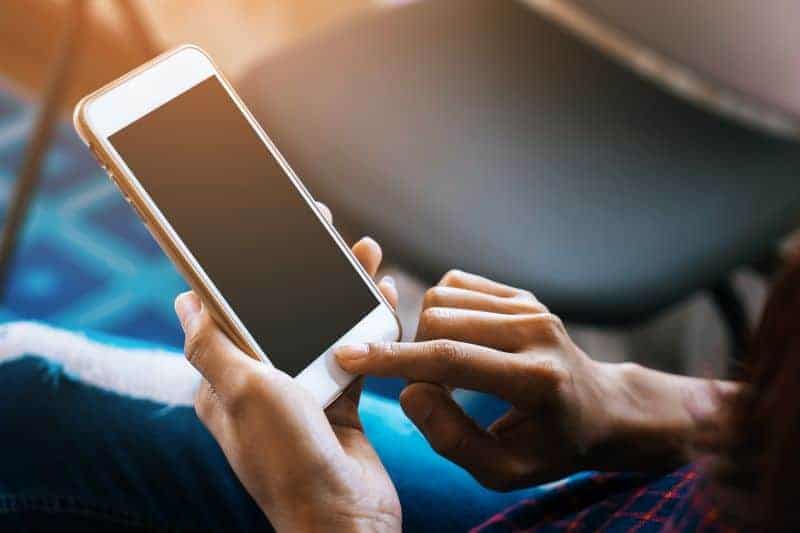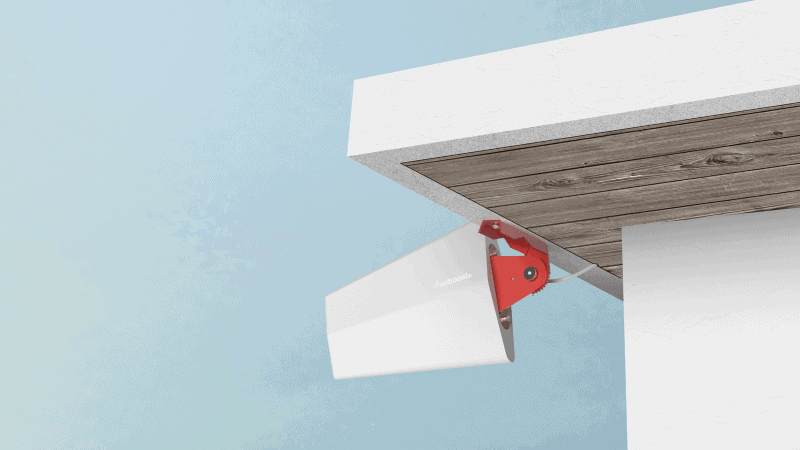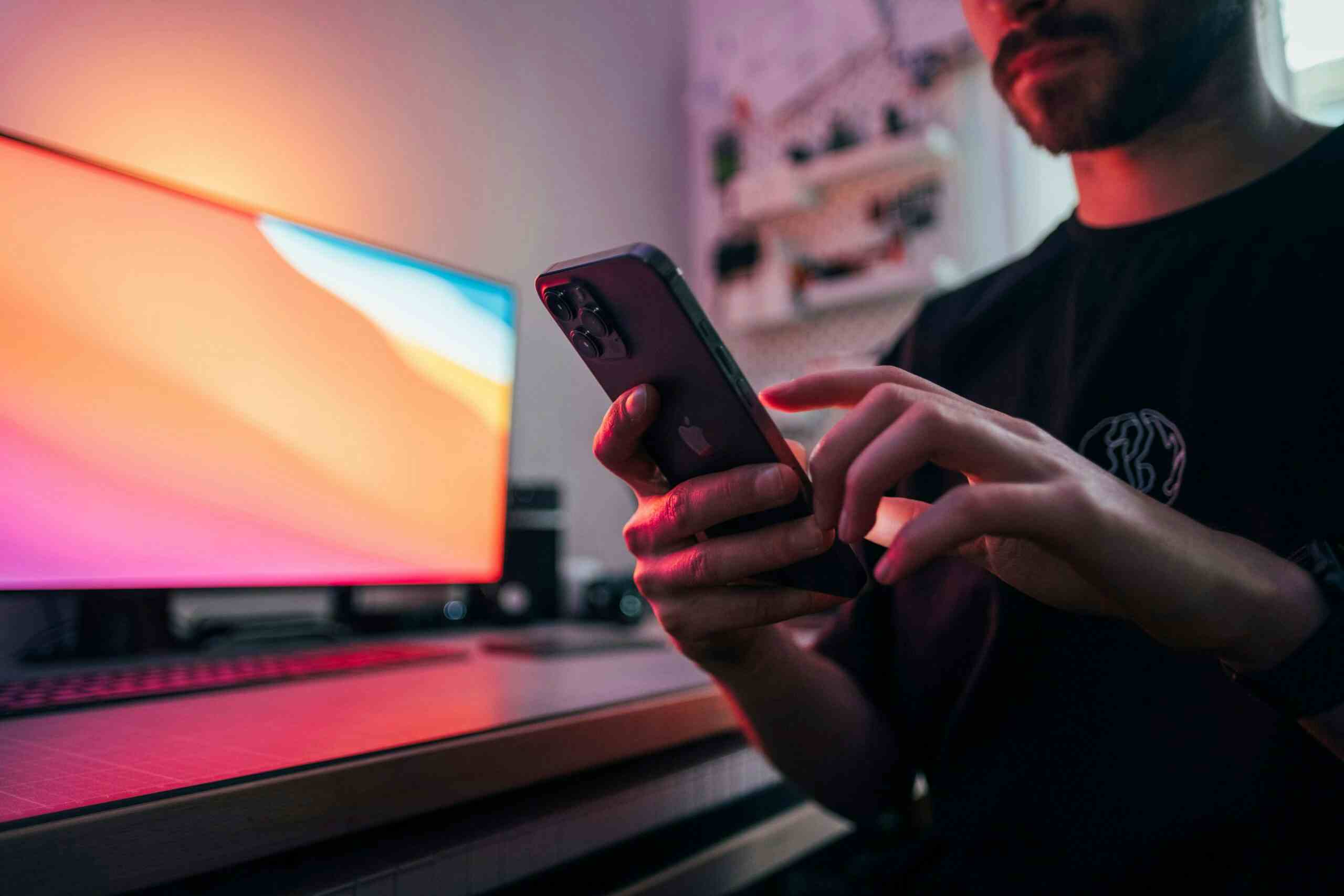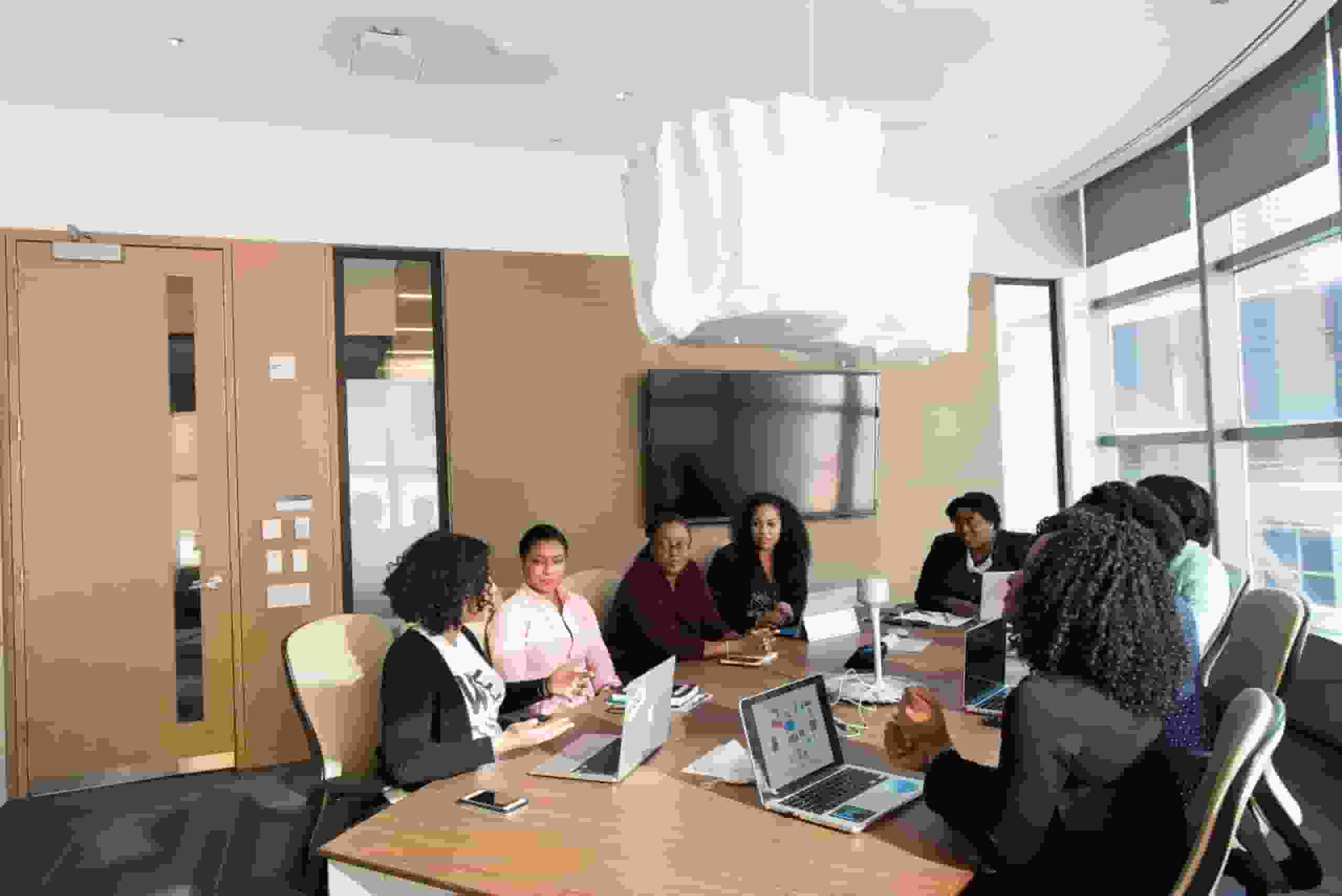Will a Cell Signal Booster Work With My Carrier?
Posted on 8/21/2021 by Nicholas Jones
Generally, a cell phone or tablet in the U.S. is affiliated with only one mobile carrier and may work on other carriers’ networks in its roaming mode only. This is why it’s no surprise that people interested in cell phone boosters often ask: “Will a cell signal booster work with my carrier?”
Well, when it comes to weBoost technology in the U.S. or Canada, the short answer is yes. Here’s a look at how different cell signal boosters work with carrier networks.
Single-carrier cell signal boosters
There are two kinds of signal boosters: single-carrier and multi-carrier (also called carrier agnostic). Overall, they work in similar ways:
- An outdoor donor antenna is set up to send and receive signals from the local cell phone tower.
- A BDA or bi-directional amplifier augments signals coming from the tower and signals from devices going back to it, called “downlink” and “uplink” respectively.
- Indoor antennas distribute the amplified signals through a home, office or vehicle.
The purpose of cell signal boosters is to provide users with a stronger, more reliable signal. The goal is to reduce the number of problems that users face due to interference from various sources, such as dropped calls, missed messages, and slow data. There are two key factors at play when talking about cell signal:
- Signal strength is the strength of a cellular signal when it reaches you, measured in a unit call dBm.
- Signal quality is the ratio of functional source signal to interference and noise being received by your phone.
Cell phone signals are really just radio signals. Similar to the way that you tune to certain commercial radio frequencies to hear certain stations, your mobile device uses certain frequencies to provide you with service from specific providers. Cell phone signals are sent at certain mid-to-high-level frequency bands, and different carriers use different ranges of frequencies — most of them clustered between 700 and 2100 MHz. Single-carrier and multi-carrier cell boosters differ in their approach to boosting signals from certain carriers.
When technology is focused on amplifying only a certain set of frequency bands at a time (the frequency bands used by one carrier), they can invest in more gain. Gain measures how much a booster increases signal strength.
By using only a single carrier’s signals, these boosters are able to boost signal strength without creating much interference for other users in the same area. In turn, that lets them boost gain beyond otherwise-prescribed limits set by the FCC.
There are three drawbacks to this single-carrier strategy, however:
- There’s much more to signal boosting than just signal strength.
- There are certain thresholds beyond which boosting signal strength isn’t practically necessary for most consumers.
- As the name implies, a single-carrier booster can only work with one carrier at a time. If you have multiple people with different providers in the same location, it won’t work for all of them.
The best way to avoid those drawbacks is to use a multi-carrier cell phone booster from weBoost.
Carrier-agnostic cell signal boosters
The overall picture of how radio frequency bands interact with different carriers is complicated. To simplify it a bit, weBoost signal boosters are able to operate across the range of common mobile carrier frequencies: the 700 MHz and 850 MHz bands, the 1900 MHz band and the AWS band, which uses a combination of 1700 MHZ and 2100 MHZ frequencies.
At its core, this is why your question of, “will a cell signal booster work with my carrier” can be answered with a resounding yes.
This span encompasses the bulk of frequency bands commonly used by cell phone carriers, making it possible to pick up and amplify a signal from any carrier using any 2G, 3G or 4G device. This multi-carrier functionality is also described as being carrier agnostic.
Because these boosters operate on such a wide range of frequencies, they are governed by FCC regulations as to the amount of gain they can provide (not exceeding 72 dBm) so as to reduce the likelihood of any such device unintentionally worsening the problem of interference instead of resolving it. Fortunately, 72 dBm of gain is more than strong enough to compensate for most cell signal problems — meaning that the trade-offs are extremely minimal.
More importantly, weBoost’s carrier-agnostic cell signal boosters outperform single-carrier technology in providing:
- Superior downlink output power, which is the maximum signal that an amplifier can retransmit inside a vehicle or building. Having better downlink output makes your signal booster more efficient and makes the most of its overall contribution to signal strength, and also sets the maximum area covered by the boosted signal.
- Improved uplink output power that makes it easier for your device to “talk to” the nearest cell phone tower. This makes it easier for your provider to know where you are and is particularly important to vehicle signal boosters, when the users will be moving between the service areas of various call towers and will need seamless service as this happens.
As a result, you’ll get not only an improved signal from any and all providers — whether it’s AT&T, Verizon, or T-Mobile in the U.S. or Telus, Bell or Rogers in Canada — but the assurance of better overall performance from your cell signal booster as well.
Offering both versatility and reliable performance, it’s easy to see why weBoost cell phone boosters are some of the best-reviewed and most in-demand signal-boosting products on the market.
Do cell signal boosters actually work?
Yes, signal boosters really can consistently improve the strength and quality of your cell phone signal by boosting communication to and from your local cell phone tower. This results in faster data transmission and improved call quality, along with several other benefits.
Install and maintain the booster with ease
weBoost products are easy to install, particularly because they come with easy-to-understand installation guides and videos. Once installed, they’re simple to maintain and provide improved signal for a long time to come.
Put an end to dropped calls
Although service networks have been able to improve call consistency over the past decade, it’s still true that many mobile phone users still experience dropped calls, especially during periods when congestion on cell phone networks surges. There’s nothing more frustrating than having an important call cut off midstream because of poor signal. Having a signal booster substantially reduces that risk.
Improve call quality
Noise and distortion in your cell phone signal can result in static or other sound quality problems on your calls. This is an especially common problem in built-up areas or buildings with large amounts of metal or concrete in their structures. A signal booster compensates for this effect and ensures seamless call quality.
Access seamless browsing
Most smartphone owners are part of the sizable global majority that uses their phones to access to browse the Internet, get their news and interact with social media. For users like these, a strong signal means that data downloads and uploads faster and it’s less expensive to make use of the internet with your mobile device.
Prolong battery life
Rapid power drain in a mobile device is often an indicator of poor signal, caused by the phone’s continual search for a signal as reception cuts in and out. When your signal is more consistent and efficient, it’s easier on your phone’s power supply and prolongs the battery’s life.
Contact us today
Will a cell signal booster work with my carrier? Absolutely, especially if you buy from weBoost. If you’re suffering from weakened or inconsistent cell phone signal, weBoost has a solution no matter which carrier you use. Get in touch by phone at 1-866-294-1660 or visit us online and let our qualified staff help you find the best multi-carrier cell phone signal booster for your business, home or vehicle.






